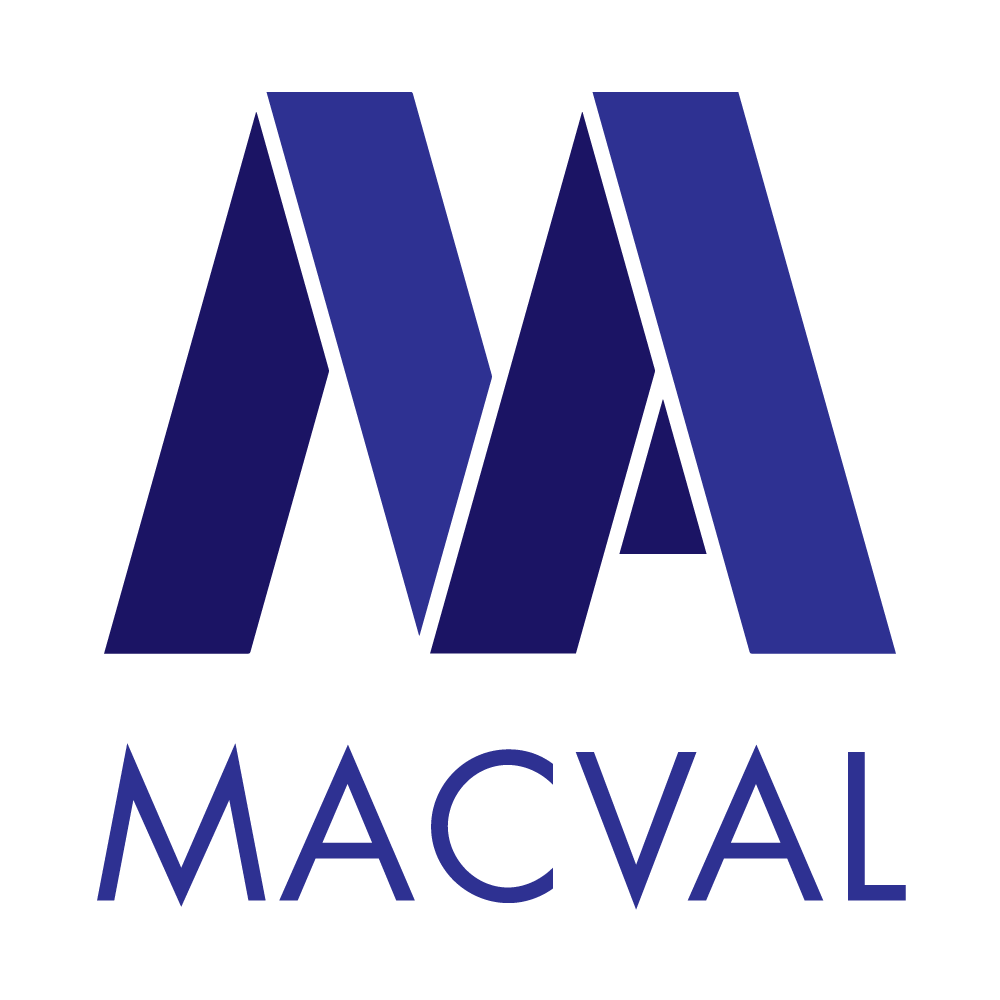Lean Engineering & Management (LEM)
Lean Engineering & Management is a dynamic process covering the total enterprise, embracing all aspects of operations (product / project development, manufacturing / construction, organization and human resources, customer support) including customer-supplier networks, which is governed by a systemic set of principles, methods and practices. Key lean principles are perfect first-time quality, waste minimization by removing all activities that do not add value, continuous improvement, flexibility, and long-term relationships.
MACVAL’s lean model stresses an evolutionary process of change and adaptation, not an idealized technology-driven end state. A central organizing concept in our model is the sustainable enterprise, where the organization builds mutual-gain processes and relationships with its multiple stakeholders.
Chief benefits of our lean model include efficient use of resources, rapid product / project development cycle, higher quality at lower cost, greater flexibility, and environmentally sustainable operations.
MACVAL Associates LLC developed this program to provide an awareness of what world-class organizations are doing to achieve operational excellence and competitive advantage. This program is also designed to gain your personal commitment to improving the competitive position of your organization. Practices that commonly lead to operational excellence and competitive advantage embody the philosophy and decision-making criteria that underlie all successful LEM efforts. Organizations and companies adopting LEM practices have become serious competitors on the world scene. They are fully capable of, and intent upon, beating their opponents and completely changing the way business is done in any industry they enter.
Continuous Quality Improvement (CQI) starts with idea generation and then assessing those ideas with diagrams and flowcharts to elevate our value.
The seven steps used in CQI:
1) Define the process
2) Flowchart the process
3) Measure the process
4) Analyze the process
5) Implement a process improvement
6) Evaluate and validate the improvement
7) Document the improvement
A workshop conducted by President Aloysius A. Attah, P.E. on Lean Engineering & Management at Silicon Valley, California.
Al A. Attah, P.E. after conducting a training session at the Institute of Industrial Engineers (IIE) on using Integrated Construction Process (ICP) Approach To Minimize Project Costs, Presented in Vancouver, British Columbia, Canada in May 2008
Workshop with Institute of Industrial Engineers (IIE) on Application of Lean Techniques to Public Works Construction Projects, Presented in Atlanta, Georgia, U.S.A. in May 2005.
Project Manager, Zuma J. Attah, reviewing the site plans for the construction phase of the Raydell Place project.
As a project/program manager, Prof. Engr. Al Attah applied Lean Engineering & Management principles during design and manufacture of Boeing airplanes resulting in millions of dollars in cost savings
Aloysius worked at Boeing for 15 years applying engineering techniques in the corporate sector of engineering and manufacturing. This certificate of recognition of his service was presented to him in October of 2002.
A certificate recognizing Al's Senior Member title in the Institute of Industrial Engineers.











